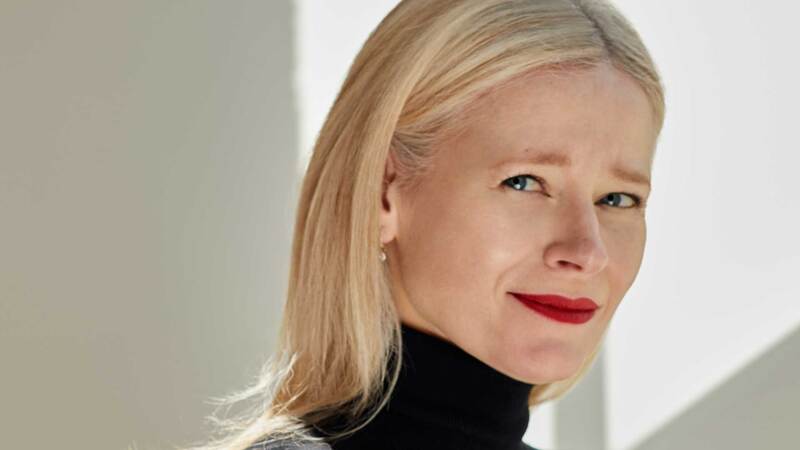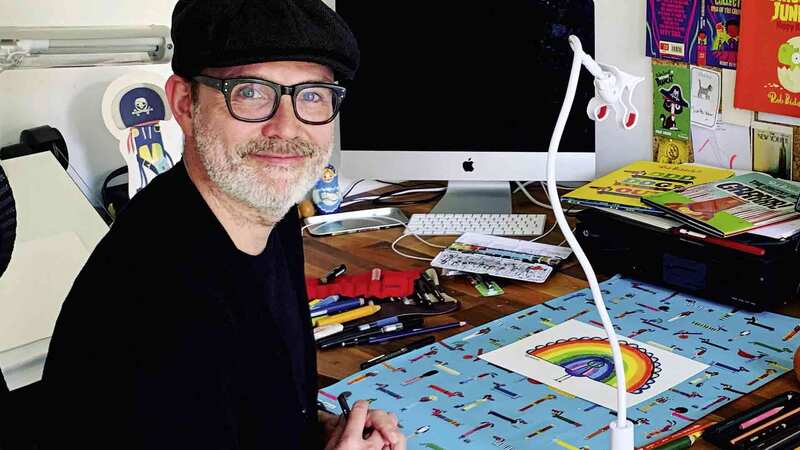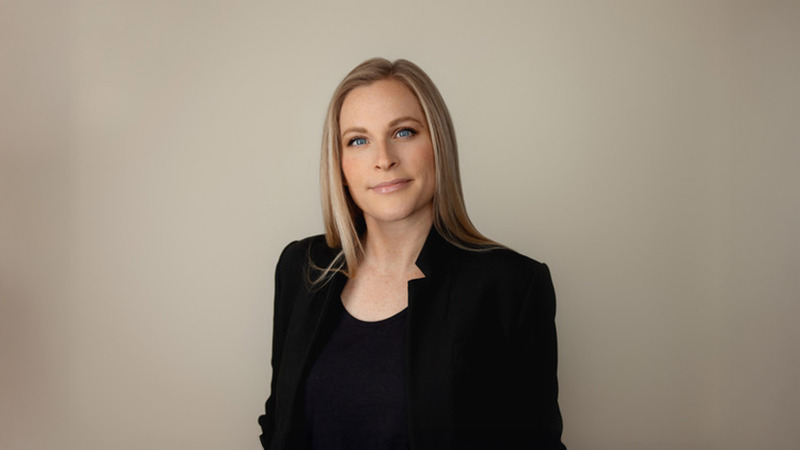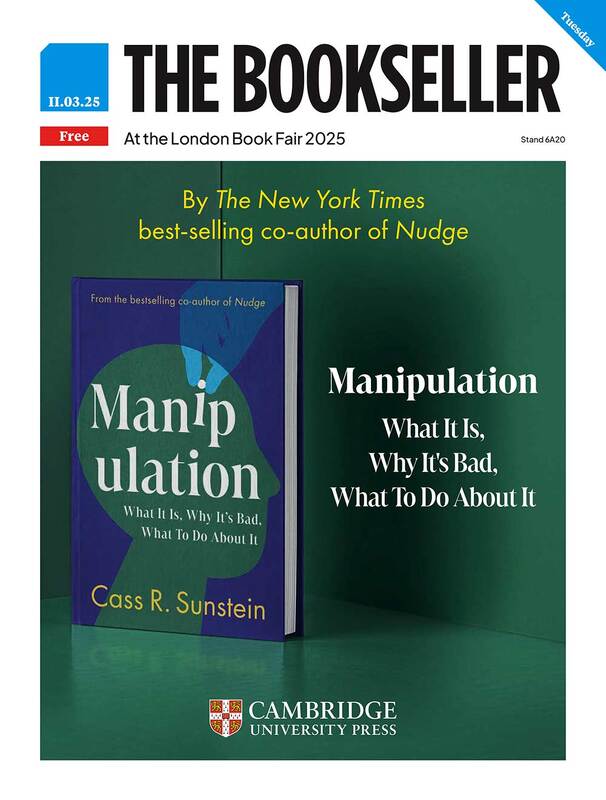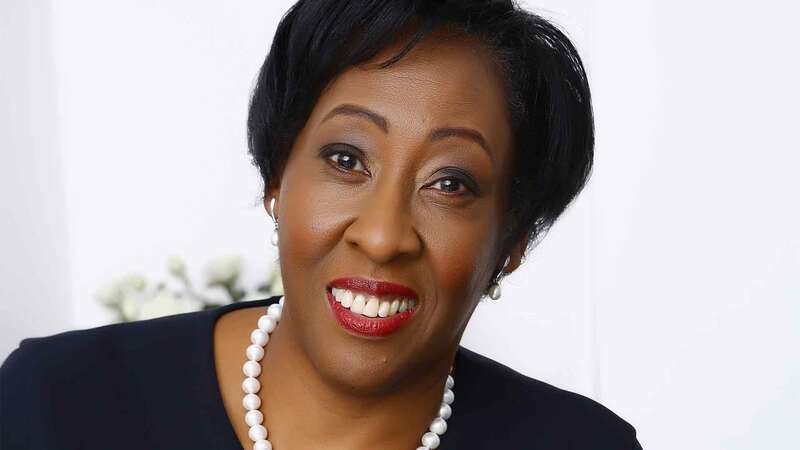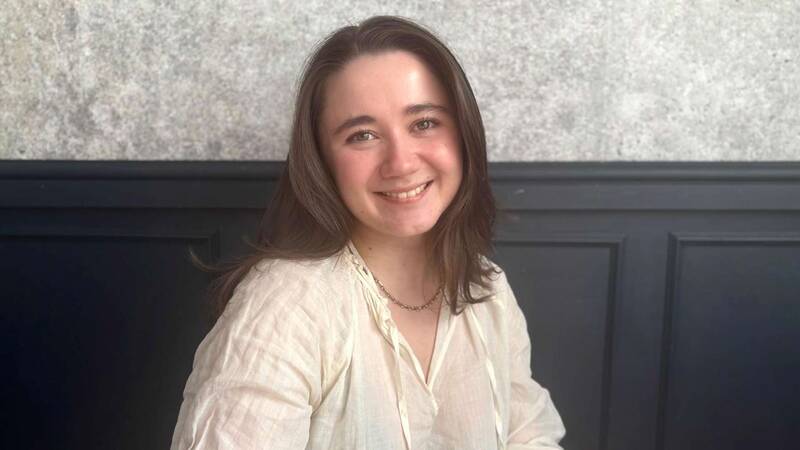You are viewing your 1 free article this month. Login to read more articles.
Creative Access data shows sharp decline in financial stability for publishing staffers
Creative Access has released research to coincide with its 10-year anniversary, revealing the disproportionate impact of Covid-19 on people from under-represented groups in publishing, including a sharp decline in financial stability.
The social enterprise published data featuring a cohort of 250 people, the majority from under-represented groups in the creative sector. The survey was first run in May 2020 and then again in December 2021 to look at changes in financial and job stability, career optimism and sources of income as a result of the pandemic.
Financial stability has declined dramatically, according to the data. In December 2021, just 26% of those working in publishing describe themselves as financially stable, versus 55% in May 2020 and compared to 53% across the creative industries for this year.
Mental wellbeing has also been affected due to Covid-19. Around 50% of people in publishing said their mental health had been negatively impacted, compared to 45% across the creative industries as a whole, and rising to 64% among those with a disability.
Around 40% of those in publishing said their ability to save money had been negatively impacted; a quarter (26%) said it had negatively impacted their job security; while 6% have had to relocate due to Covid-19 to find work. Almost half (48%) re-located to London or the south-east, which Creative Access said shows how important it is for employers to support housing costs in the capital.
Some positive results were seen in the research. More than a quarter (29%) of people in publishing said their mental health had been positively impacted due to the pandemic through greater flexibility and time at home. Almost half (46%) said the pandemic had a positive impact in giving them more time for hobbies and interests outside work, compared to a third (36%) who said this across the creative industries. A fifth (22%) said they felt their creativity had been positively impacted, while 59% of people in publishing felt quite or very optimistic about their careers going into 2022.
The top priorities from respondents in the publishing sector were improving their mental health (65%) and securing a permanent job—60%, compared to 41% who said this was a priority across the creative sector, suggesting publishing positions are more unstable. More than a third said their aim was to find a paid internship (37%) while maintaining flexible working was a top priority for 19%. Almost one in five said they aimed to leave their current job for a new opportunity (18%), while 13% were aiming to get a pay rise or promotion.
Creative Access also suggested the pandemic had heralded "the Great Resignation" among publishing staffers from under-represented backgrounds. Since the end of lockdown, 59% have applied for a new role, 50% have started looking for a new role and 24% have started a new role. Meanwhile, 4% have received a pay rise and another 6% a promotion.
Since 2012, Creative Access has been working to enable people from communities that are under-represented in the creative industries, to access careers, progress and reach leadership positions. The organisation's founder and c.e.o. Josie Dobrin (pictured), who was today named in this year's The Bookseller's 150 list, said: “I’m so proud of what Creative Access has achieved in the last decade. When we started it was rare to meet someone who wasn’t from a privileged background working in journalism. Thankfully we are now seeing a dramatic change, although the fact we still use language around ‘under-representation’ shows how far we still have to go.
"Today’s research underlines how critical it is for organisations like ours to work with employer partners to ensure that people from under-represented communities do not lose out on career access or progression as a result of the pandemic.”
The Creative Access research comes after bookcareers.com revealed the results of its salary survey on 15th December. The results suggested a widening gap between average earnings and entry level salaries in publishing, alongside some disillusionment with the industry.







